The ACL Business Acumen Learning Collaborative2 is a community-level effort to improve the business acumen of the organizations and agencies that provide community-based services. Greenlee noted the tremendous support that The John A. Hartford Foundation and The SCAN Foundation have given as ACL has worked to change the network of services it supports and to make previously free services more sustainable in an uncertain funding climate. "We are taking a national network of nonprofits—the area agencies on aging centers for independent living—and changing their fundamental business structure," Greenlee said. "Not their mission, not their value, not their contribution, their structure." These are primarily grant-based organizations that receive money from the federal government via the states and the Older Americans Act, she explained.
They are learning to become providers, to demonstrate their economic value, and to bill for their services. Possible opportunities include establishing meal providers that hospitals can contract with to deliver meals to the home of someone recently released from the hospital. Other services that might be able to generate fees rather than subsist on grants include community-based transportation networks and case management.
There is still a role for services that are provided free of charge, Greenlee said. The challenge is that there is an assumption that all of the free community services are plentiful and will continue to be available for the clients of large long-term care providers, managed-care organizations, and hospital systems, even in an uncertain funding climate. As the Obama Administration comes to a close, Greenlee and her colleagues at HHS have been working on a proposed budget for 2017. One question the Office of Management and Budget has asked was why the Centers for Medicare & Medicaid Services is not doing this work.
ACL administers an array of Older Americans Act-funded programs, such as its chronic disease self-management education programs, through grant making to the aging network. The Positive Self-Management Program, developed at Stanford University, is offered to older adults with HIV in Maine through one ACL grantee, and there are other health and wellness programs that grantees have tailored and packaged for older adults living with HIV. Additionally, ACL's Office of Healthcare Information and Counseling manages the State Health Insurance Assistance Program . SHIP counsels Medicare-eligible individuals to assist them with making informed health insurance decisions, which is helpful to those who are receiving Ryan White HIV/AIDS Program services. Lastly, ACL's resource centers support grantees' work with targeted populations to provide services to historically underserved minority communities.
In particular, the SAGE National Resource Center on LGBT Aging provides HIV and aging resources to ACL's grantees and the communities they serve. Whether it be home modification, transportation to medical appointments, or caregiver and home delivery meal services, all of ACL's programs "can be of benefit to people over 60 with HIV," as noted by Andrea. During the course of ACL's work on improving business acumen and the coordination of LTSS, four key issues have emerged that should be kept in mind as this work moves forward, Greenlee said. "If we monetize , people will have to know that they are buying something that has an outcome that they want," she said. However, she said, focusing on quality outcomes is hard for the aging services network because of its historic emphasis on outputs, not outcomes.
For example, when ACL instituted a requirement that states and area agencies could only spend Older Americans Act funds on evidence-based programs, there was some resistance. This requirement was a signal that an exercise program at a senior center could not be created just because someone volunteered to run it. The exercise program must have fidelity and be replicated with outcomes that are proven, Greenlee explained. Toward this end, HHS has asked the National Quality Forum to identify the domains needed for quality measures of LTSS. NQF has already identified person-centeredness as one of the necessary domains.
The next step, Greenlee said, is to invest in research to populate these domains with data. Although some data are available at the local level, the research for home- and community-based services needs to be taken to a much larger scale. The Division for Community Living partners with more than 60 community based organizations that look to the agency for oversight and funding.
She said that to do this work effectively, it is necessary to be able to live with dissonance. Disability and aging, for example, both have a history of stigma and discrimination, but they are not the same history, and civil rights factors into the field of disability in a way that it does not in aging. Therefore, bridging the fields of aging and disability requires patience, good intentions, and a lot of discussion about fundamental issues and clear communication about meaning. "The goal is not to think the same way or to be the same at all, but to have and articulate the same objectives," Greenlee said. ACL has a shared vision of what it means to be an autonomous person living in the community with a need for both prevention services and supports.
Greenlee cautioned that it is possible to get lost in the complexities of distinguishing between the different fields but to remain respectful and comfortable living with the differences. She said that ACL has changed some of the language it uses to accommodate the differences in how the aging and disability communities think and talk about "choice," living in community "for a lifetime," and end-of-life care. She said that disability and aging work will not be the same, but there are opportunities because they share common threats and common goals, such as the threat of the medical community dictating how individuals should live their lives and the goal of individuals living their lives how they want them to be. The third key issue relates to technology and, in particular, the development of interoperable electronic health record systems. Greenlee pointed to research on care transitions, funded by the Center for Medicare and Medicaid Innovation, as evidence that the lack of access that community-based organizations have to EHRs is a fundamental barrier to these organizations successfully moving forward.
In some cases local organizations, such as the Area Agency on Aging in San Diego County—an aging and disability resource center—have gone so far as to build their own systems to interface with regional hospitals. It's not part of what the Office of the National Coordinator does," said Greenlee. "Technology will keep the aging network and disability programs and local communities . At the starting gate if we don't talk about it, because no one is investing in ," said Greenlee. Greenlee began the discussion by offering a possible explanation for the concerns Alkema presented that highlighted the disconnect between what Americans believe and the realities of aging and disability.
Greenlee suggested that the disconnect results from individuals' feelings about the concept of independence. If admitting that they need care means that they will lose their independence, then they will not admit that they need care. However, if the question of independence and needing care is reframed by asking people what services they require to remain independent, then they make every effort to maintain their independence.
She noted that the World Health Organization released a report that frames health as an issue of functional ability because of the way functional ability is linked to independence. Similarly, hypertension itself does not affect independence, but having a stroke that results in paralysis will affect functional ability and independence. To provide a framework for the workshop's discussions, two keynote speakers talked about what maximizing independence and community living mean, the successes that have already been achieved, the challenges that lie ahead, and suggestions for how to meet those challenges.
Kathy Greenlee, the Administrator of the Administration for Community Living and the Assistant Secretary for Aging in the U.S. Department of Health and Human Services , gave a keynote presentation on the history and current state of the federal government's efforts to support community living and independence. Gretchen Alkema, the Vice President for Policy and Communications at The SCAN Foundation, then discussed the contrast between how Americans perceive issues of aging, disability, and independence and the realities of these issues. This webinar is the most recent installment of a series created in partnership with ACL, CDC, the Health Resources and Services Administration, and the National Institute on Aging. The September webinar will explore unique end of life care considerations for individuals with dementia. The presentation will include sections on evidence and goal based decision making, palliative care, partnering with staff and families to improve advance care planning for residents of VA community living centers with dementia, and the indigenous perspective on end of life.
Kathy Greenlee of ACL and HHS began her presentation by recounting how when she first began working as the Assistant Secretary for Aging in 2009, HHS was putting together working groups to prepare for what would eventually become known as the Patient Protection and Affordable Care Act1 . She recalled how she and Henry Claypool, who was then Secretary Kathleen Sebelius's advisor on disability policy, would receive the lists of those who were to be members of the working groups, and neither one of them would be included. "That was troubling to us and also an early warning that health reform was not long-term care reform," Greenlee said. Although long-term care reform is occurring, she added, it was not organized that way, nor was there recognition of the connection to community-based work on aging and disability.
It was for this reason that Greenlee, Claypool, and Sharon Lewis—then the Administrator of the Administration on Intellectual and Developmental Disabilities—worked to create ACL. They envisioned ACL as the agency at HHS where the voices of older adults and people with disabilities would be heard in the health reform conversations. Join this webinar to learn about COVID-19 vaccine resources expanding access to people with disabilities.
Acting Administrator and Assistant Secretary for Aging Alison Barkoff will kick off the event. The webinar will highlight the Disability Information & Access Line , ACL's disability network, and other disability organizations that that support a range of communities across the country. The event will also hightlight innovative local partnerships and ways to overcome vaccination barriers. CMS, Greenlee explained, interfaces with state Medicaid agencies, which are essentially insurance finance companies and not program agencies.
Although some at CMS know what work ACL does at the community level, those involved with Medicare or the Center for Medicare & Medicaid Innovation generally do not. To provide independent living services to individuals with significant disabilities to assist them to function more independently in family and community settings, by developing and supporting a statewide network of centers for independent living. The Administration for Community Living , as part of the Department of Health and Human Services, works with states, tribes, and an extensive network of advocates and service providers to help older adults and people of all ages with disabilities live independently and participate fully in their communities. New Editions provides data design and analytical support to the Office of Performance and Evaluation in the Administration for Community Living . ACL's mission is to maximize the independence, well-being and health of older adults, people with disabilities across the lifespan and their families and caregivers.
OPE coordinates a range of data collection and analysis activities and disseminates data through a variety of modalities, including the AGing, Independence, and Disability Program Data Portal. When 100 million Americans are undergoing individual personal realignments at the same time, the opportunity arises to create a societal movement for change. The nation will not solve the challenges created by the discontinuity between the myth and reality of aging and disability using current tools for individual personal planning. Although the delivery and financing systems for long-term care should be considered as separate and unique, as also mentioned by Greenlee, they are still connected. Tools that can exist in both systems are needed to support the systems in meaningful ways for the benefit of the public.
The other significant stride forward that ACL has made, with strong support from CMS and the U.S. Department of Veterans Affairs, is a state-level effort to help improve the coordination of LTSS. ACL has taken the core principles of what CMS has done with its "no wrong door" approach for beneficiaries to gain access to CMS services and is working to extend a similar model to the entire range of aging and disability services. She cited the collaboration between the Partners in Care Foundation and Blue Shield of California as one example of how states are designing programs so that they can provide a modest amount of help to individuals earlier, which may delay or prevent individuals from ever needing to enter the Medicaid system.
The Administration for Community Living supports the needs of the aging and disability populations, and improves access health care and long-term services. The COVID-19 pandemic has changed how essential services are offered to vulnerable populations, and ACL is no exception. Funding for meals usually provided in congregate settings were redirected to home delivery and grab-and-go services. Programming for chronic disease self-management education and falls prevention shifted to online class formats, which created an opportunity for innovation and expanded the classes' reach to populations in rural areas and individuals with transportation access challenges. ACL also received additional funding regarding vaccine access for individuals who needed either transportation to vaccine sites, or the vaccine administered in their homes.
Even more surprising, she said, is that the percentage of poll respondents who held this belief increased substantially between the 2013 poll and the 2015 poll. One possible reason for this concerning trend, she suggested, is that it is driven by those who are 40 to 45 years old and are just beginning to experience the consequences of aging in their own families. Another possible reason, based on anecdotal observations from other health-related polls, is that these results have been affected by the economic recovery in the United States. Regardless of the reason, Alkema said, these results represent an enormous problem regarding Americans' awareness of the impending impact of an aging population. How Americans think about aging and disability matters, Gretchen Alkema of The SCAN Foundation told the workshop audience. It affects the conversations that those working in the field have with each other, with policy makers at the state and local levels, and with the general public.
All of this led Alkema to question what should be done to bring the issues of aging, disability, and independence out of the recesses of people's minds and out of the bedroom conversations of "What are we going to do about mom? Although Americans are beginning to recognize that these issues are part of their lives, they are still not entirely clear about what actions to take, and they sometimes wonder whether anyone else is struggling with the same challenges. No Wrong Door Virginia is a virtual system and statewide network of shared resources, designed to streamline access to long-term services and supports – connecting individuals, providers and communities across the Commonwealth. DARS is committed to having livable communities for those who want to age in place or transition from facilities to community settings with long-term supports and services. We work with local Area Agencies on Aging as well as various other public and private organizations to help older Virginians, their families and loved ones find the services and information they need. In particular, she noted the absurdity of large amounts of money having been invested in research collecting data on disability, functional status, and the use of assistive technology when the research tends to study people only up until they reach age 65 or else the study population only begins at age 65.
This webinar will discuss the connection between brain health and dementia, and share resources from ACL to help raise awareness about the significance of brain health. Participants will hear from two ACL dementia grantees, Summit County Public Health in Ohio and AltaMed Health Services Corporation in California, as they talk about why they provide education on brain health in their communities and healthcare systems. This toolkit is an introduction for staff at centers for independent living and their community partners who are interested in developing curriculums or trainings that meet the unique needs and goals of Independent Living.
It provides instructions and guidance on how to use Participatory Curriculum Development to create new ways of supporting Independent Living skills education and development. The Brain Injury Services Coordination Unit serves as a point of contact for internal and external customers seeking general or agency-specific information about brain injury resources. Patti Goodall, Program Director of the BISC Unit , talks about the three-year, $900,000 grant that will enhance access to services and supports for Virginians with traumatic brain injury. Our division has a number of programs which offer supports and services for for Virginians with diabilities in living independently and to increase the individual's control in life and ability to perform everyday activities on or off the job.
Through coordination across multiple projects, New Editions works collaboratively to provide expert technical assistance and guidance to the Administration for Community Living , their grantees and partners, and other Aging Services Network organizations at the state, sub-state and community levels. Under a subcontract with The Lewin Group, New Editions coordinates relevant ACL activities with the initiatives of the Centers for Medicare & Medicaid Services Money Follows the Person Technical Assistance Center. New Editions provides the Office of Performance and Evaluation within the Administration for Community Living with analysis and technical assistance support. ACL strives to ensure that all people, regardless of age and disability, live with dignity, make their own choices and participate fully in society.
So I strongly suggest that we just erase that myth." However, developing a more robust awareness will not be sufficient to address the disconnect between myth and reality. Alkema asked the workshop participants to create and implement new tools, systems of care, and policies to address the growing needs of older adults and those with disabilities. She cautioned not to focus on the negative elements of these challenges but rather to focus on the positive side, which is that this is an opportunity to create a new reality with better systems of care, better policies, and better programs. All Americans—including people with disabilities and older adults—should be able to live at home with the supports they need, participating in communities that value their contributions.
Department of Health and Human Services created a new organization, the Administration for Community Living . Showing results 1-25 of 80 for Administration for Community Living federal grants, government grants and loans. For detailed information on a Administration for Community Living federal grant including eligibility requirements or financial assistance, click the title. By funding services and supports provided primarily by networks of community-based organizations, and with investments in research, education, and innovation, ACL helps make this principle a reality for millions of Americans.
The many contributors involved in the HCL project took part in a highly engaged and interactive process called Participatory Curriculum Development to adapt and create the two workshop curriculums. PCD is an approach to work in collaboration with and foster relationships between researchers and people interested in creating useful products and resources that can benefit people living in their communities. By using the PCD process, teams of stakeholders and researchers worked side-by-side to develop the Healthy Community Living Program. Now called Living Well in the Community, the updated Living Well with a Disability 5th edition curriculum sits within the overarching Healthy Community Living program. Paired with a brand new curriculum called Community Living Skills, the HCL program answers the call from service providers for fresh and up-to-date health and Independent Living skills training.
Our division works closely with a number of boards and councils around the Commonwealth to better serve our clients. One example is our partnership with the Virginia Statewide Independent Living Council. The SILC works to increase the impact of Independent Living services in Virginia. The Council is composed of gubernatorial appointees who represent people with disabilities across the state, the interests of CILs, and Independent Living programs and services. A three-year grant to the Virginia Department for Aging and Rehabilitative Services aims to help prevent falls, the leading cause of injuries and deaths from injury among older Americans. The $554,525 grant from the federal Administration for Community Living will expand Virginia's falls prevention programs for older adults, including those with early dementia.
In addition to increasing the availability of the workshops and prevention awareness among the Commonwealth's roughly 1.2 million adults over age 65, the grant will help establish a coalition to spearhead a concerted effort to substantially reduce the threat. No Wrong Door Virginia is a national leader, supporting older adults, family caregivers and individuals of all ages with disabilities. The system provides valuable tools to strengthen community networks and promote person-centered practices, for individuals to evaluate options and make informed decisions. Our Office for Disability Programs offers a variety of services to which allow individuals with the most severe disabilities to live independently in the community.




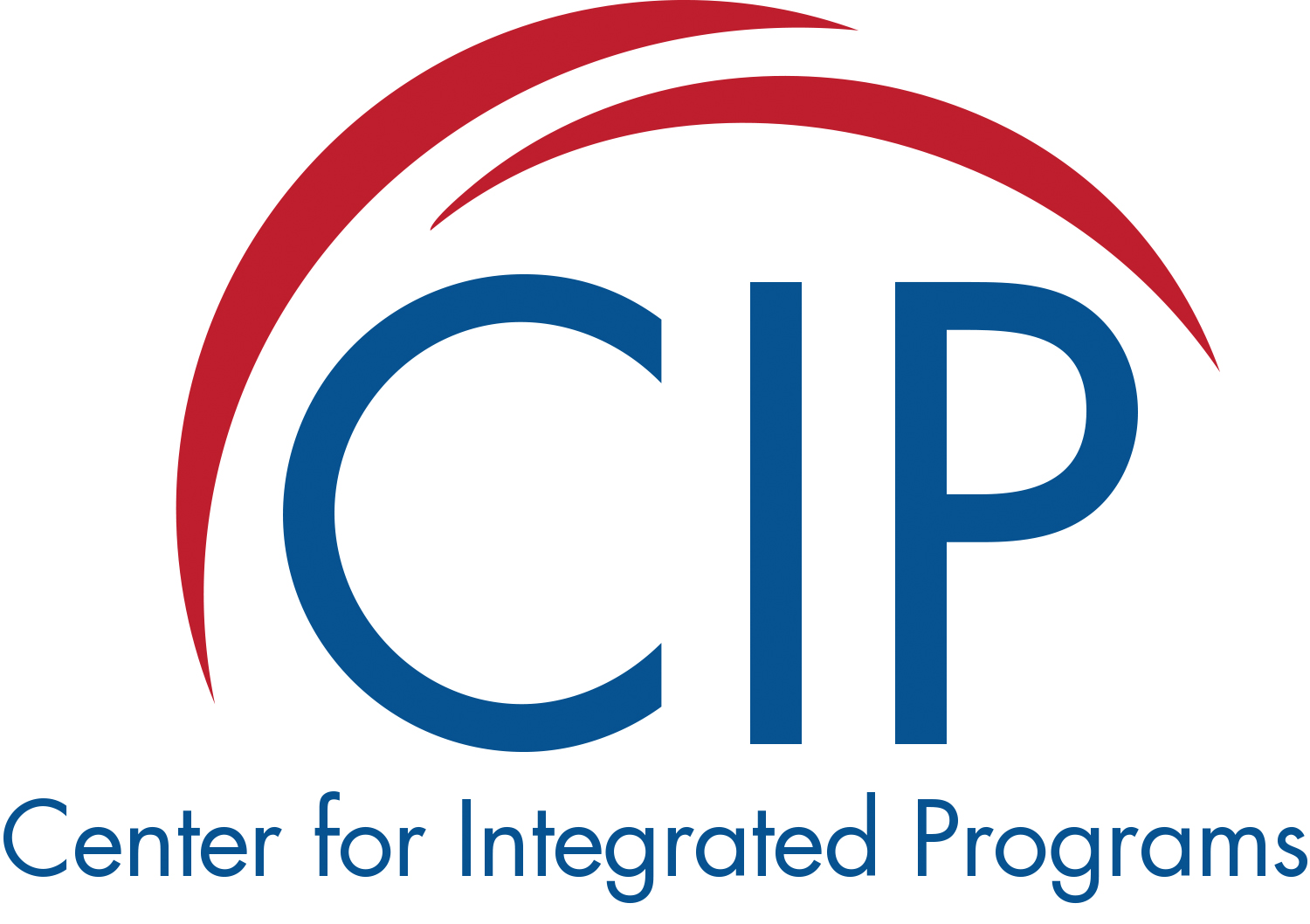




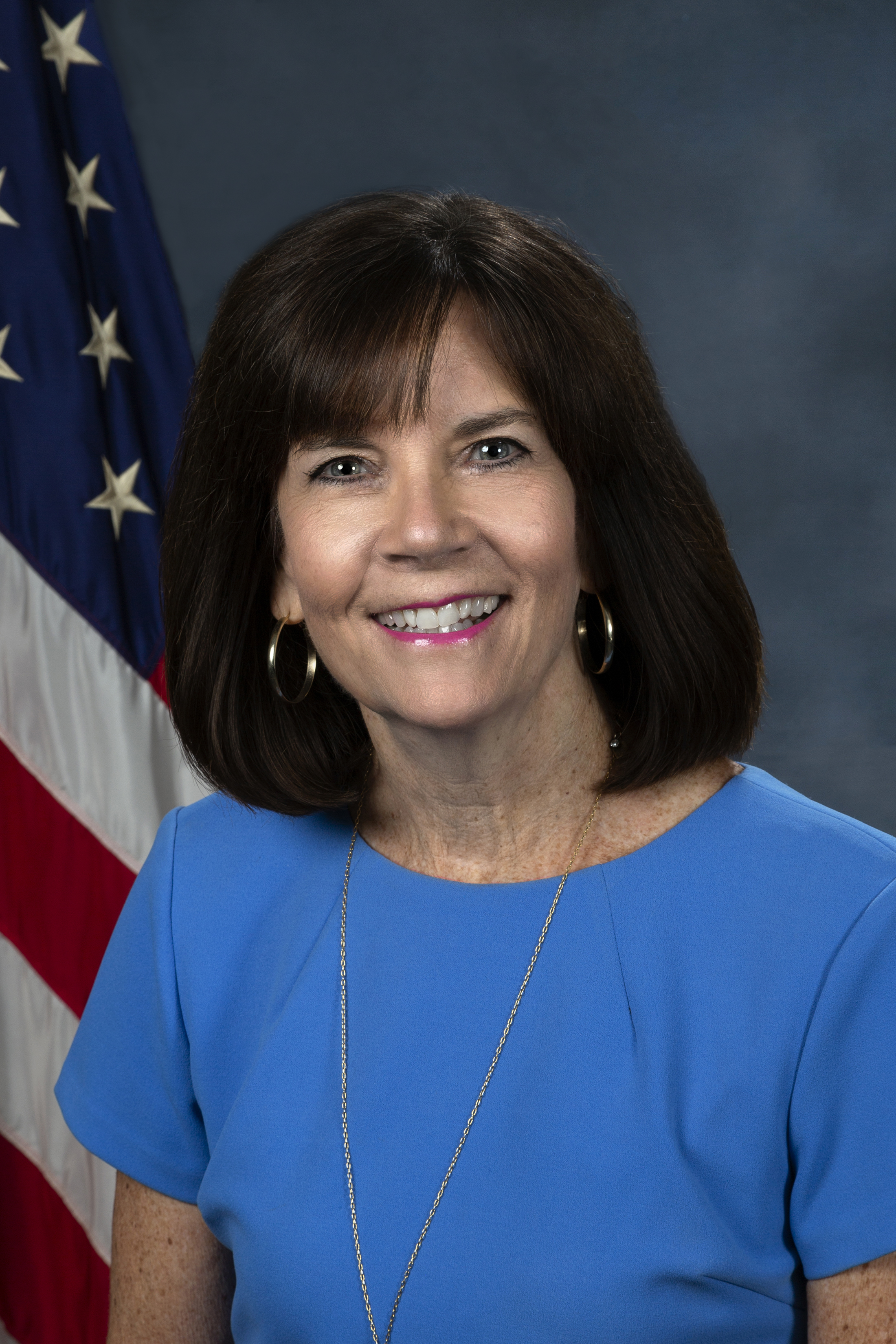



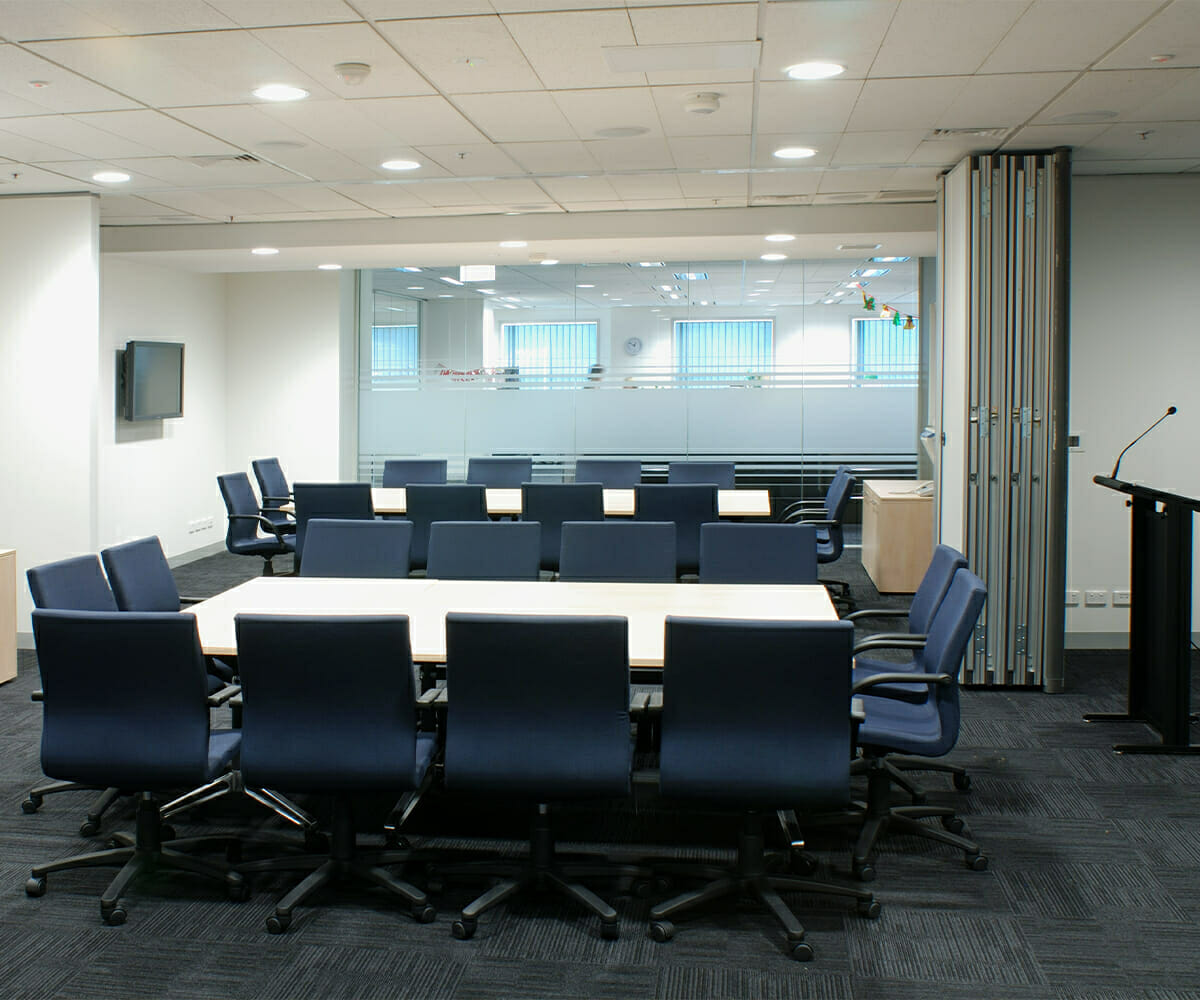



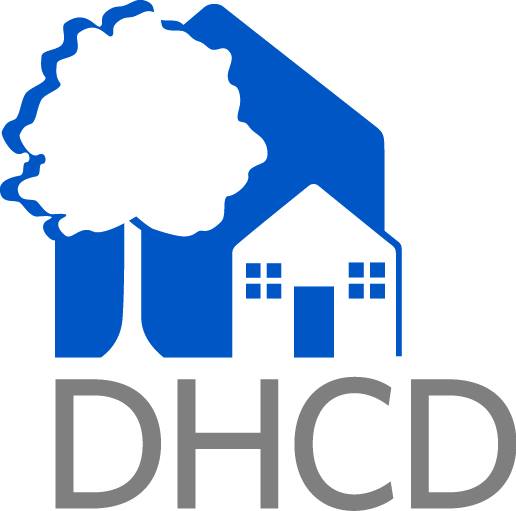


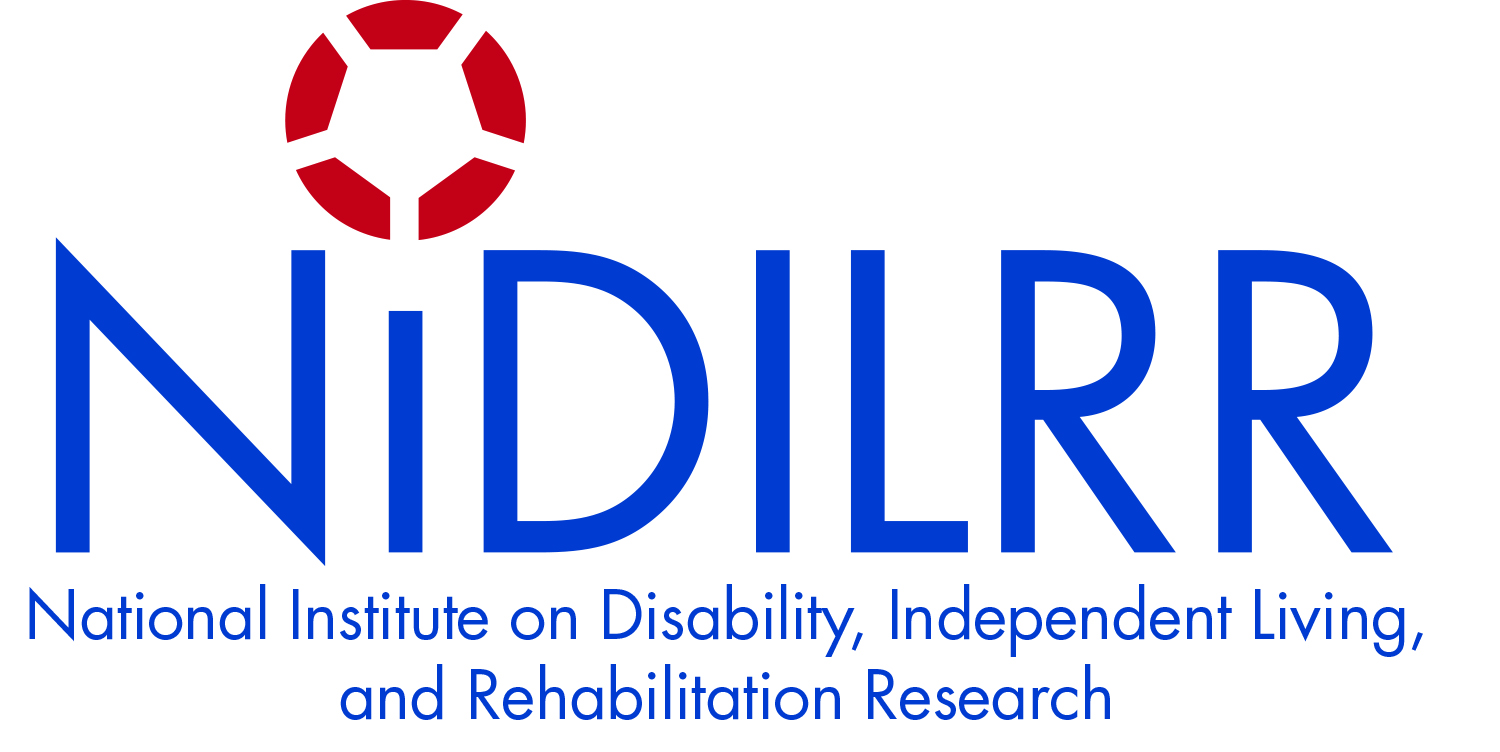




No comments:
Post a Comment
Note: Only a member of this blog may post a comment.